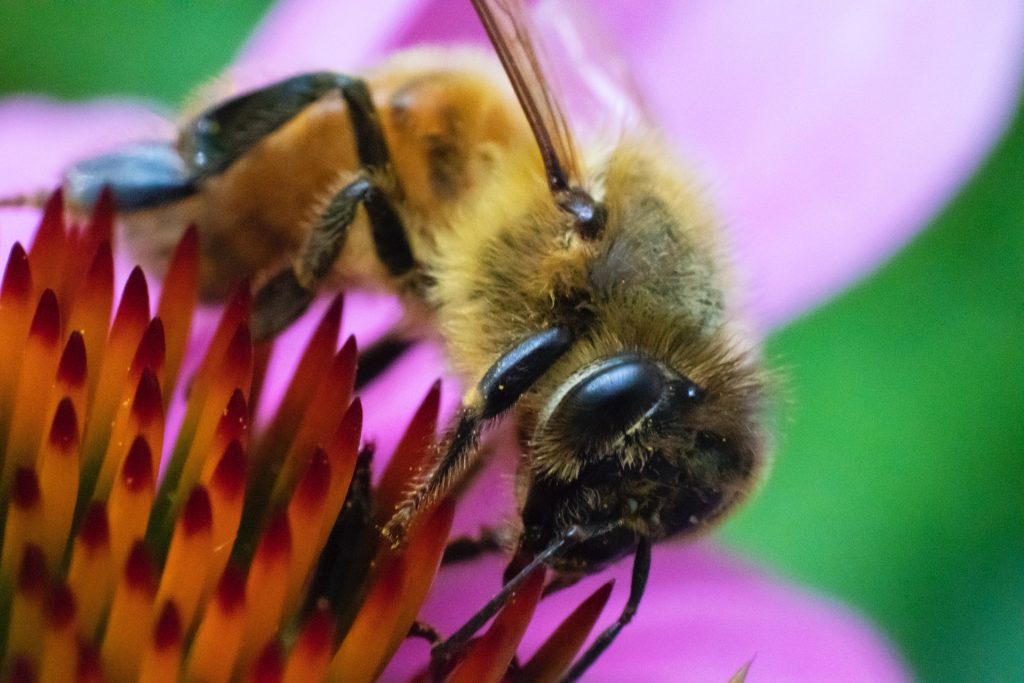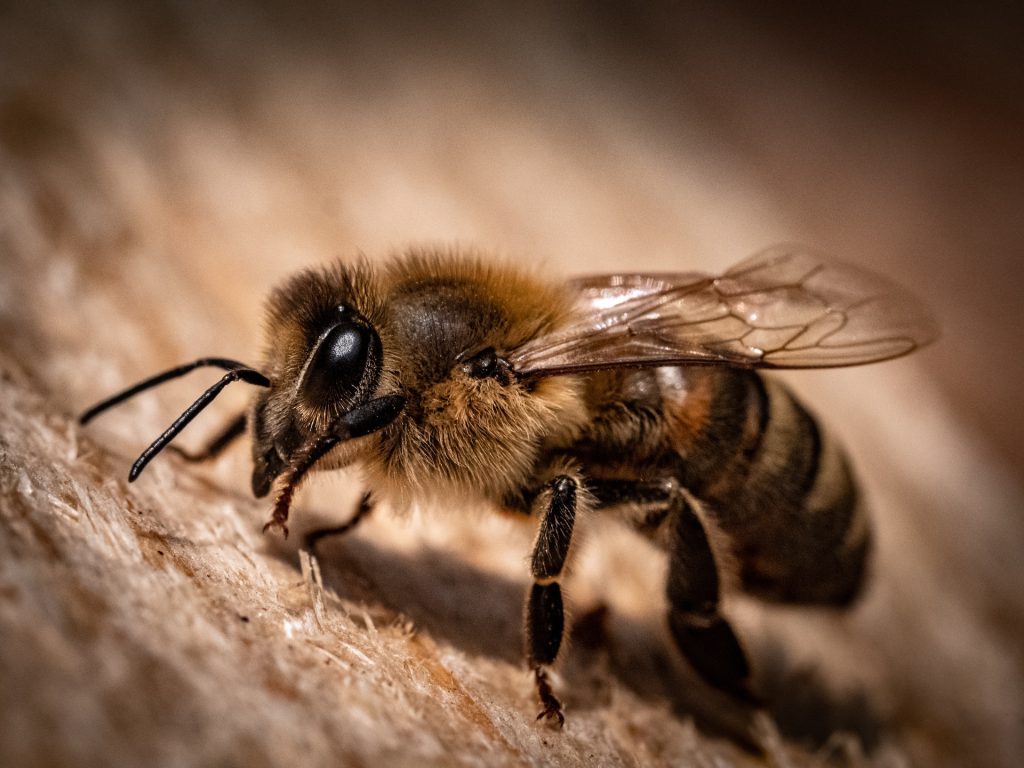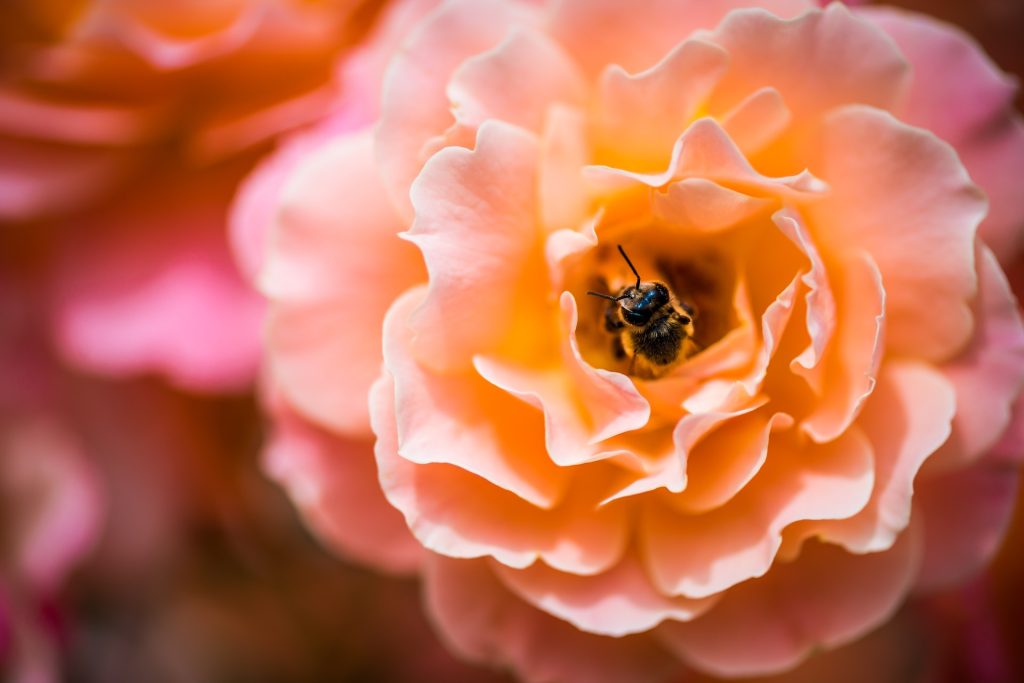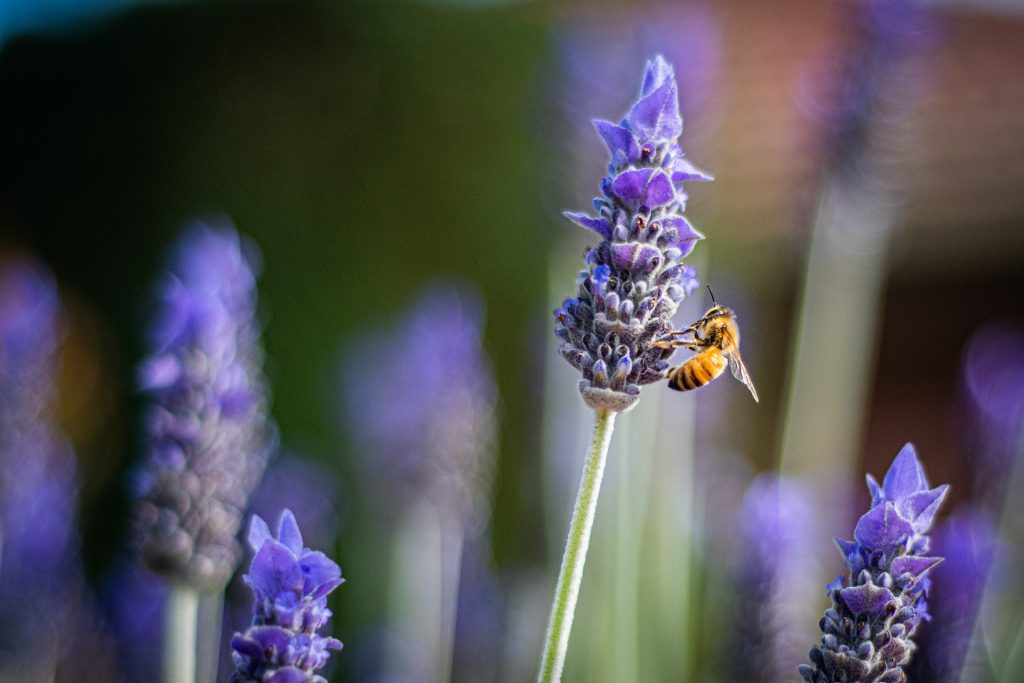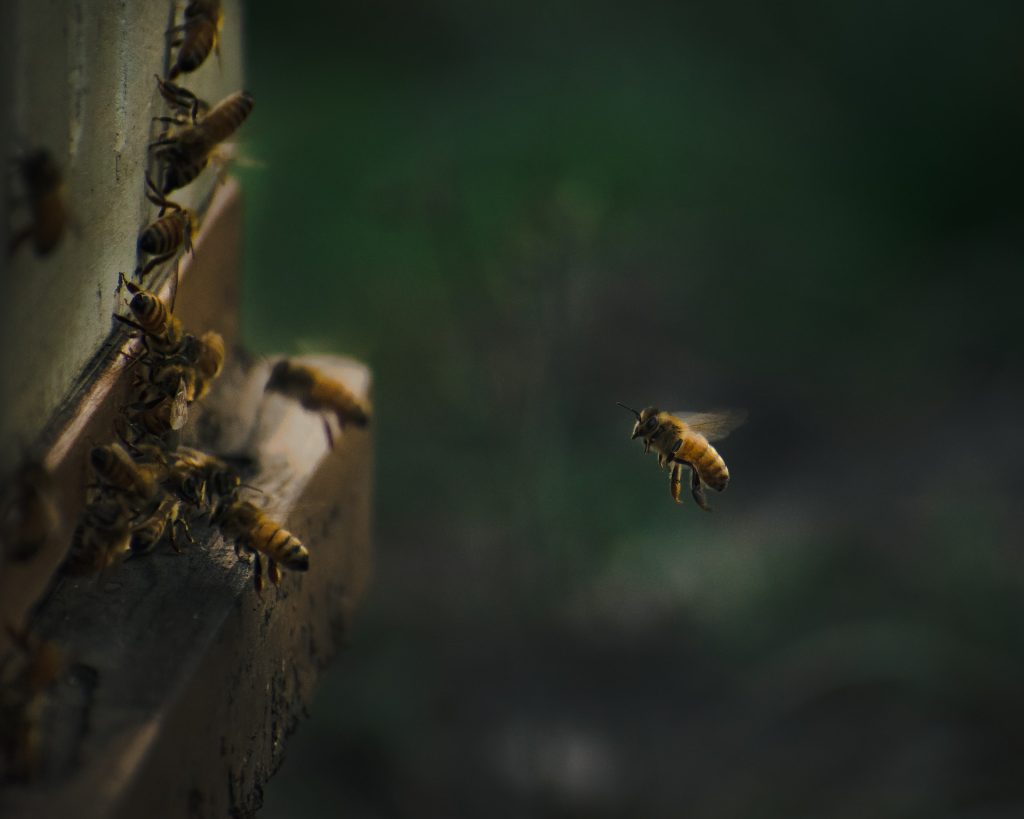Honey, the golden nectar produced by bees, has been revered by humans for thousands of years. Its sweet taste, medicinal properties, and symbolic significance have made it a prominent feature in the cultures and mythologies of ancient civilizations. In this article, we delve into the captivating world of honey and explore its role in ancient cultures and mythology, shedding light on the deep-rooted connections between humans and this delectable natural substance.
The Ancient Egyptians: Nectar of the Gods
In ancient Egypt, honey held a special place in both their daily lives and religious practices. Honey was considered a divine food, believed to have been gifted to humanity by the gods. It was associated with the sun god Ra, who was often depicted as a golden disk, symbolizing the sweetness and life-giving qualities of honey. The Egyptians used honey in religious rituals, as offerings to the gods, and as a key ingredient in embalming rituals.
The Greeks: Honey and the Gods of Olympus
In Greek mythology, honey was closely intertwined with the gods of Mount Olympus. The gods were believed to reside on Mount Olympus, where they feasted on ambrosia and drank nectar, a divine substance often associated with honey. Honey was considered the earthly counterpart of the gods’ nectar, connecting mortals to the divine realm. Honey was associated with various gods and goddesses, including Zeus, Apollo, Artemis, and Dionysus.
Apollo, the god of music, poetry, and healing, was often depicted with a honeycomb, symbolizing his association with the sweetness and healing properties of honey. Apollo was also referred to as “The Honey-Pourer” due to his role in bestowing knowledge and inspiration upon humans.
The Melissae: Bee Nymphs and Beekeeping
In Greek mythology, the Melissae were nymphs associated with bees. These bee nymphs were believed to have nurtured Zeus with honey when he was an infant. They were guardians of bees and beekeeping, overseeing the prosperity of beehives and the production of honey. The Melissae were seen as symbols of fertility and regeneration, connecting bees to the cycle of life and nature.
The Romans: Honey, Prosperity, and Love
The Romans inherited many of their beliefs and traditions from the Greeks. Honey held great significance in Roman culture, symbolizing prosperity, fertility, and love. It was associated with the goddess Venus, the embodiment of love, beauty, and desire. Honey was often used in wedding ceremonies and rituals to symbolize sweetness and a prosperous union.
Romans also used honey in cooking and as a natural sweetener, creating a variety of honey-based desserts and delicacies. They valued the different flavors and textures of honey, with some types being considered more valuable and prized than others.
The Healing Powers of Honey in Ancient Medicine
Honey’s medicinal properties were recognized and utilized in ancient cultures as well. In ancient Egypt, honey was used in medical treatments and remedies for various ailments. It was applied topically to wounds and burns to promote healing and prevent infection. Honey was also consumed as a remedy for digestive issues, coughs, and throat irritations.
The Greeks and Romans also appreciated honey for its healing properties. Hippocrates, the renowned Greek physician and the father of medicine, regarded honey as a valuable therapeutic substance. Honey was used in various medicinal concoctions and ointments to treat wounds, respiratory ailments, and gastrointestinal disorders.
Conclusion:
Honey has held a significant place in the cultures and mythologies of ancient civilizations. Its associations with divinity, prosperity, love, and healing demonstrate the deep reverence and symbolic importance attributed to this natural substance. From the sacred rituals of the Egyptians to the mythical connections in Greek and Roman traditions, honey’s rich history reveals its profound impact on human beliefs, traditions, and folklore.
Beyond its symbolic significance, honey’s practical uses in ancient medicine highlight its therapeutic properties and practical value. The ancient civilizations recognized the healing powers of honey and utilized it as a natural remedy for various ailments.
Today, honey continues to be treasured and enjoyed for its unique flavors, nutritional benefits, and potential health-promoting properties. It serves as a sweet reminder of our ancient connections and the enduring fascination humans have held for this remarkable gift of nature. So, the next time you savor a spoonful of honey, take a moment to appreciate the centuries-old legacy it carries, connecting you to the ancient cultures and mythologies that recognized its sweetness and profound significance.

